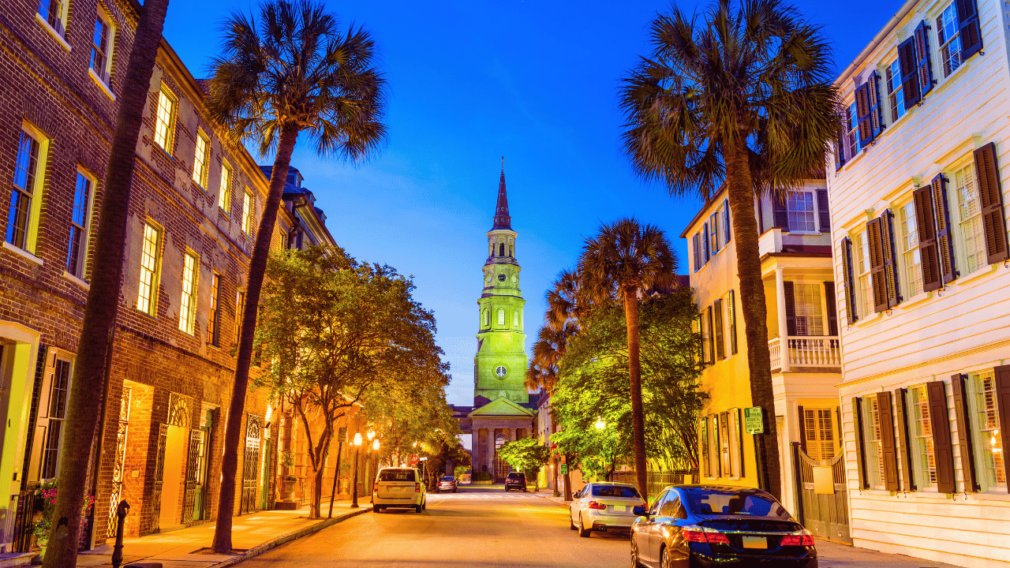South Carolina’s Casino and Betting Debate Heats Up
South Carolina’s legislature is wrestling with a trio of bills to legalize casinos and sports betting, sparking fiery debate at public hearing.

A Heated Statehouse Showdown
The centerpiece, House Bill 4176 or the I-95 Economic and Education Stimulus Act, would create a South Carolina Gaming Commission to license casinos in rural I-95 counties like Orangeburg.
Aimed at turning the abandoned Santee Mall into a casino resort, it promises 4,618 jobs and $58 million to $75 million in annual tax revenue. But with Governor Henry McMaster vowing to veto any gambling expansion, the path is rocky.
“The schools will benefit; your local economy and restaurants will benefit. Whenever you have jobs that are there for local individuals, then you’re going to see a decrease in crime,” said James McQuilla, President of the Orangeburg Chamber of Commerce.
Supporters, including the Santee Development Corporation, argue the $1 billion project could generate 6,926 construction jobs and an $8 billion economic impact over a decade. Yet, religious groups like the South Carolina Baptist Convention warn of addiction risks.
Bills on the Table
H4176 targets Tier IV counties along I-95, like Orangeburg, for casino licenses, requiring county council approval and an economic impact study, per scstatehouse.gov.
Meanwhile, House Bill 3625, the South Carolina Sports Wagering Act, would legalize sports betting under a new commission, setting rules for taxes and licenses.
House Bill 4129 pushes to classify skill-based arcade games as non-gambling, arguing player skill outweighs chance. Together, these bills could tap into a $1 billion illegal betting market, with legal sports betting potentially adding $60 million in yearly taxes.
The debate hinges on balancing economic gains with social costs. South Carolina’s $13.7 billion gaming market neighbors North Carolina’s legal betting, driving local interest. A KTSP/SurveyUSA poll shows 60% of residents favor legalization.
But faith-based opposition, citing gambling’s impact on vulnerable communities, remains fierce. No decisions were made at the hearing, and the House Ways and Means Revenue Policy Subcommittee may reconvene for amendments.
Recommended
